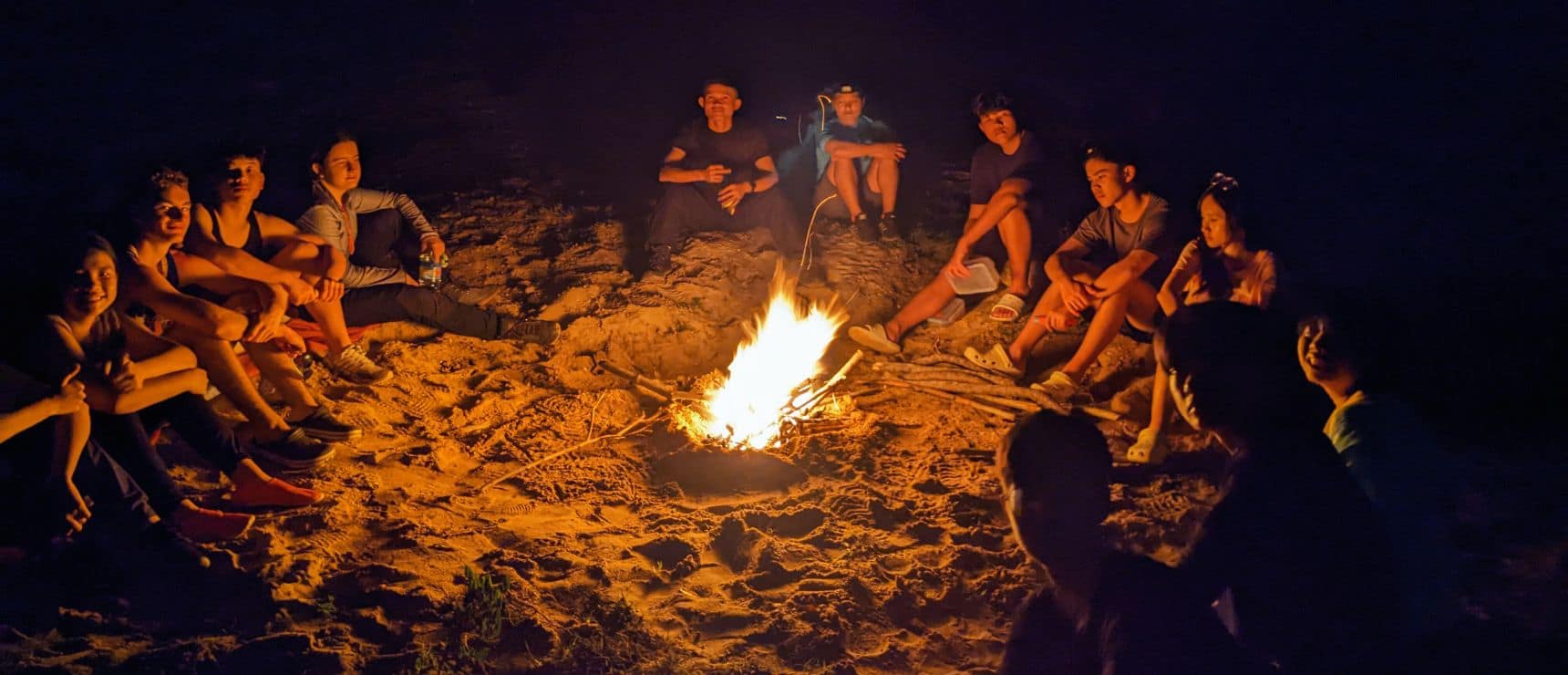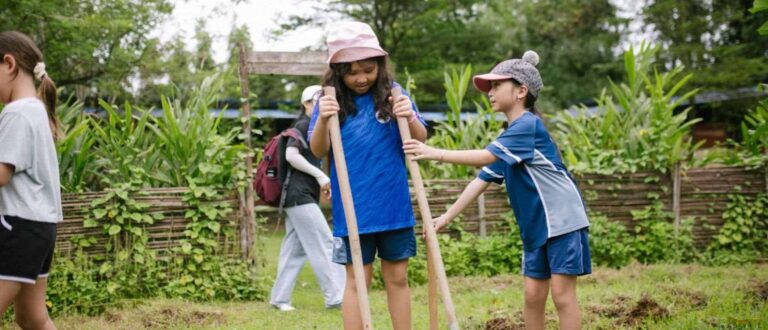Outdoor education has a rich history that spans centuries, rooted in the idea that learning can extend far beyond the confines of a traditional classroom.
A Brief History of Outdoor Education
Outdoor education’s origins are found historically worldwide, particularly with indigenous ways of knowing, where experiential learning was the norm. However, in the late 19th century, outdoor education began to take shape in its current form. Pioneers like Kurt Hahn and John Dewey emphasized learning in natural environments. This movement gained momentum in the 20th century, evolving into a holistic approach focusing on personal growth, teamwork, and environmental awareness.
Defining Outdoor Education
Outdoor education is an experiential learning approach that immerses students in natural settings, encouraging them to explore, discover, and learn from their environment. It encompasses many activities, from wilderness expeditions to team-building exercises, emphasizing hands-on experiences, problem-solving, and reflection.
Aligning with International Programs
International schools often integrate outdoor education into programs like the IB CAS or Duke of Edinburgh’s Award. These initiatives emphasize personal development, community service, and physical activities, making them a natural fit for outdoor education. Students can meet CAS learning outcomes or obtain the Duke of Edinburgh awards by participating in outdoor activities such as volunteering in environmental conservation projects, participating in outdoor challenges, or engaging in leadership roles during expeditions.
Skills for Academic Success
Outdoor education equips students with diverse skills, attitudes, and attributes that transcend the wilderness and find application in academic pursuits. These include:
- Problem-Solving: Outdoor challenges require students to think critically and adapt to changing situations, skills invaluable for academic problem-solving.
- Resilience: Facing the elements and overcoming obstacles builds strength, helping students navigate academic challenges with determination.
- Teamwork: Collaboration during outdoor activities fosters teamwork, an essential skill for group projects and social interaction in school.
- Leadership: Outdoor education provides opportunities for students to take on leadership roles, enhancing their ability to lead in academic settings.
- Environmental Awareness: Learning about nature promotes a sense of ecological responsibility, which can translate into informed decisions regarding global issues.
At the international schools, outdoor education has evolved significantly and has become integral to our school program. The skills, attitudes, and attributes acquired through outdoor education contribute to personal growth and lay a strong foundation for academic success, making it a vital component of an holistic education.










